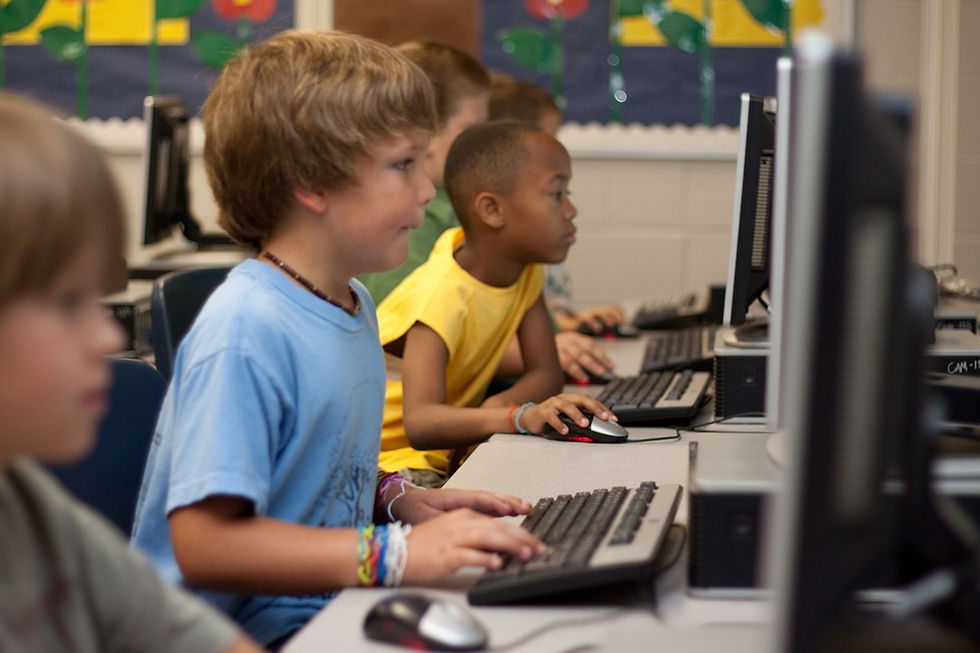Harnessing the Power of AI Resources for Education
- Analytikus

- Jan 1, 2024
- 2 min read
In recent years, the integration of artificial intelligence (AI) into education has sparked a revolution in the way we teach and learn. AI resources for education have the potential to enhance personalized learning experiences, streamline administrative tasks, and provide valuable insights into student progress. This article explores the various ways in which AI is transforming education and the resources that are making this transformation possible.

Personalized Learning:
One of the key advantages of AI in education is its ability to tailor learning experiences to individual students. AI-powered adaptive learning platforms analyze a student's strengths, weaknesses, learning style, and pace. This data is then used to create personalized learning paths, ensuring that each student receives content that suits their needs and challenges them appropriately. This not only maximizes learning outcomes but also fosters a more engaging and effective educational experience.
Intelligent Tutoring Systems:
AI-driven tutoring systems offer students personalized, one-on-one assistance in various subjects. These systems use algorithms to assess a student's performance, identify areas of difficulty, and provide targeted support. As students interact with these intelligent tutoring systems, the AI adapts its approach, offering additional explanations, practice problems, or alternative learning resources to address specific challenges.
Automated Grading and Assessment:
AI has streamlined the grading and assessment process for educators. Automated grading systems use machine learning algorithms to evaluate assignments, quizzes, and exams quickly and accurately. This not only saves teachers valuable time but also enables faster feedback for students, facilitating a more iterative learning process. Educators can then focus on interpreting the results and providing targeted support to students who need it.
Virtual Classrooms and Smart Content:
AI is transforming traditional classrooms into dynamic, tech-enabled spaces. Virtual classrooms powered by AI facilitate remote learning, enabling students to access education from anywhere in the world. Additionally, AI can enhance content creation by generating interactive and adaptive educational materials, such as quizzes, simulations, and virtual labs, making learning more engaging and effective.
Predictive Analytics for Student Success:
AI's predictive analytics capabilities are being utilized to identify students who may be at risk of falling behind. By analyzing data such as attendance, grades, and engagement levels, AI can flag potential issues early on, allowing educators to intervene and provide targeted support. This proactive approach to student success contributes to higher retention rates and overall academic achievement.
Conclusion:
AI resources for education are ushering in a new era of innovation, efficiency, and personalization in learning. As technology continues to advance, the educational landscape will undoubtedly witness further integration of AI tools, transforming the way students access information and educators facilitate learning. It is crucial for educational institutions to embrace these advancements responsibly, ensuring that AI resources are utilized to enhance, rather than replace, the human touch in education. By harnessing the power of AI, we have the opportunity to create a more inclusive, adaptive, and effective educational system for the benefit of learners worldwide.




